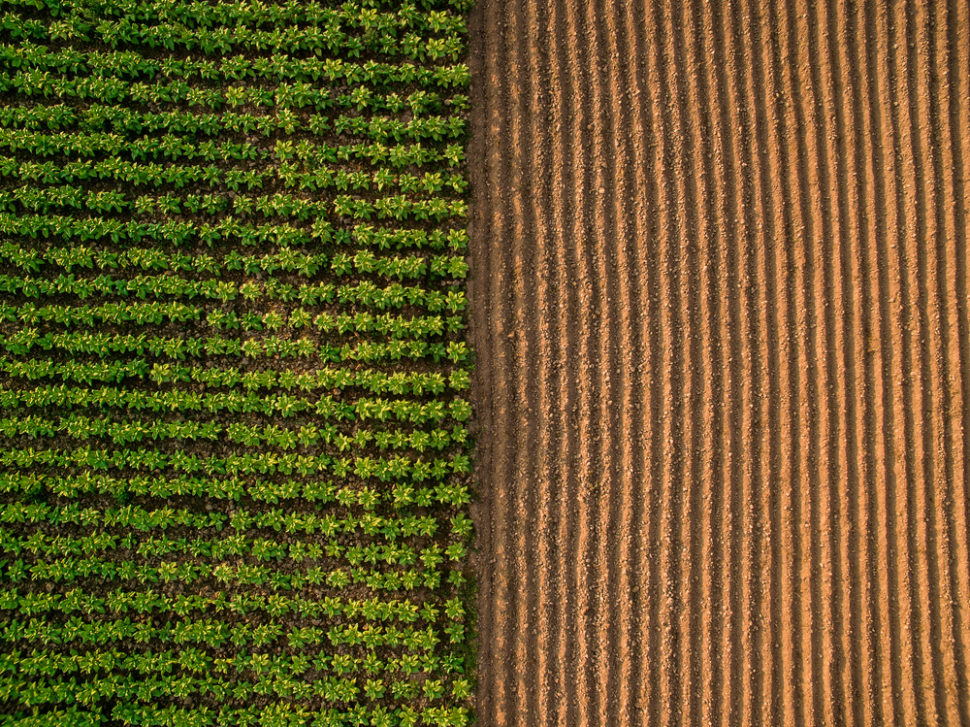Humans are certainly culturally omnivorous for the most part. Although, some now argue that it’s unnatural behavior.
Many people are beginning to reduce or cut out fast food from their diet because of health or environmental concerns. Many still eat meat products, but the shift towards organic and sustainable farm practices is undoubtedly noticeable.
Vegetarians abstain from feeding on any animal products, except dairy and eggs.
Then, we have vegans who survive on a strictly plant-based diet.
In his Kitchen Confidential book, late chef Anthony Bourdain referred to vegans as “the Hezbollah-like splinter faction” of vegetarians.
Despite the past dismissal of vegans as hemp-wearing, cow hugging, paint throwers, it’s a movement that has serious momentum in our modern world. Many younger people in the western world are reconsidering their conventional diets, which is leading to a strong surge in veganism converts.
Even if some have a bone to pick with vegans, they aren’t the ones with the most “extreme” thoughts when it comes to animal activism. What if it wasn’t just about not drinking milk to stop suffering, what if it was to protect the individual rights of the cow the milk came from?
Read More: The Rise of Modern Veganism
What is Antispecism?
Antispecism rejects any form of anthropocentrism and denounces the hierarchy that puts humans on top over all other species.
Antispecists think since we all share the same origins, we should treat other species as equal.
Some animal activists blame the vegan lifestyle for the rampant consumerism that’s emptying the movement of its essence.
Here’s a question to vegans: If there’s no animal suffering involved in making a product, would you remain vegan?
If your answer is yes, and think it’d still be unfair to animals, then you could be an antispecist.
Veganism vs. Antispecism
If veganism is a question of a lifestyle choice, antispecism is more of social, political, and ethical ideology.
Animal agriculture has a scientifically-proven impact on public health and the effects of climate change.
At a minimum, ending all animal agriculture could severely reduce humanity’s effect on the environment.
Although the adoption of veganism is growing, some think people are less receptive to its message than to that of antispecism.
Even when they adopt a vegan lifestyle, some might still have speciesist attitudes, like believing in the superiority of humans.
As a movement against specism, antispecism implies veganism goes beyond the mere health benefits of a plant-based diet.
Still, being a vegan is a significant step toward ending the systematic discrimination against nonhuman animal species.
Antispecism: Anti- or More Humanism?
As much as antispecist philosophy is more and more embraced, it is also criticized.
Some contradictory beliefs within antispecism thought take away from its coherence and arguments.
While they denounce any form of hierarchy between humans and animals, antispecists adhere to a hierarchy between animal species themselves.
For example, they draw a boundary that includes only animal species whose resemblance to us is more apparent in terms of organization and sensitivity to suffering.
However, science provides evidence of sensitivity and emotions in the simplest of lifeforms, not only vertebrates and mammals.
In other words, if we are to follow the antispecist rationale, we shouldn’t set a boundary, and we shouldn’t exclude any animal species on the planet.
But is that even possible?
Read More: Meet FAIRR: The Trillion Dollar Coalition Revolutionizing the Food Industry
Earth is home to an estimated 7.77 million species of which only about a million species have been and cataloged.
Out of all these species, we are by far the most dangerous, destructive, and damaging to our environment.
Is there a roof to antispecism? Aren’t all species fully equal? Why would we exclude millions of other species in the five eukaryote kingdoms of life?
Until proven to be wrong, no one can argue that plants don’t have sensitivity and are immune to the suffering we impose on them.
The question is not if we should reduce the suffering of animals, it’s where we stop the line of respecting those rights.
By eating the same crops as animals, vegans and vegetarians are indirectly killing more animals.
They also indirectly hurt other people by increasing demand for grains and fruits, thus raising their prices in regions of the world where they are a staple food.
The point is that it’d be unfair to reserve antispecist advocacy to only animals considered worthy of our compassion, just because they’re cute or we think they’re sensitive.
Whatever the case may be, the global food market is experiencing and will continue to undergo fundamental changes over the next decade.
The first step towards reducing climate change is reinventing food production, and if veganism and antispecism help expedite that process, then it’s something we should all consider.



















I am here for the share this link http://controlpanelwindows10.com and seen the feature to easily to add control panel icon on desktop in windows 10.
I must disagree that antispecism rejects anthropocentrism. In fact, it is opposed to conservationism and promotes human intervention to prevent any harm to individual animals, such as from disease, hunger, and even predation. Lions and wolves are to be fed a vegan subsitute, modified genetically to become herbivores, or left to die, so their prey can live. In that sense, antispecism is the pinnacle of anthropocentrism, placing human intervention at the center of all ecosystems.
https://www.animal ethics.org/wild animal suffering section/helping animals in the wild/
https://www.cahiers antispecistes.org/sur le droit a la vie des predateurs/